These are some of the most common Brazilian stereotypes and misconceptions that will make any Brazilian cringe.
Only beautiful, dark-skinned women with curvy bodies in tiny bikinis on a beach with a jungly backdrop and wild animals running everywhere.
While that might be the image many internationals have of the country and its natives, the reality is a bit different and I am here today to debunk these and other myths about Brazil.
In a country with continental proportions, over 200 million residents, and diverse cultural backgrounds, it is impossible to pinpoint a single type of Brazilian or a way of life.
Misconceptions about Brazil
As a Brazilian myself who has traveled extensively around the world, I’ve heard and been asked many questions that were quite interesting, to say the least.
And today, I put together this list with all misconceptions about Brazil that I have heard or experienced while abroad.
To keep it simple, I wrote 1) what many people think and 2) why they are wrong for each myth.
Mind you, these Brazilian stereotypes are based on what I have experienced around the world, read in online communities, and heard from fellow Brazilians–no made-up stories!
Let’s get to them!
Oh, and tell me in the comments, did you already know everything on this list?
Brazilian stereotypes
These are the most common Brazilian stereotypes I’ve heard and experienced throughout my travels worldwide in no particular order.
Soccer
What many people think: All Brazilians love soccer and are really good at it.
Why it is wrong: While many people in the country do love cheering for their regional club and the national team, especially during the World Cup, it’s wrong to believe every Brazilian share this passion.
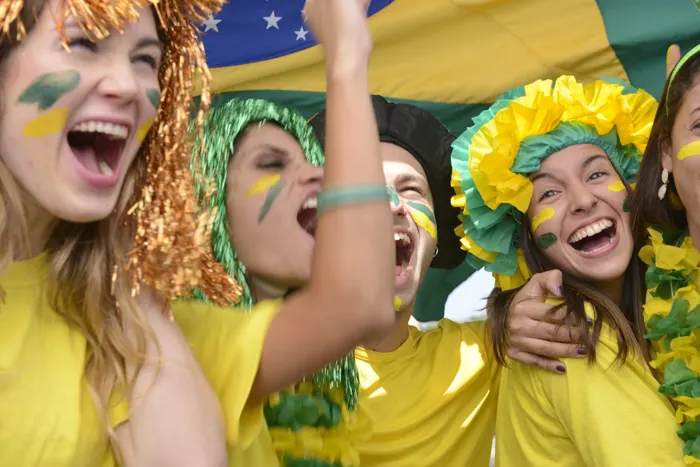
Personally, at least half of the people I know are not that into soccer as internationals like to believe.
And while some Brazilians are very talented at soccer, there are just as many that don’t quite cut it.
For instance, the soccer level at the Brasileirão League is depressing.
Samba
What many people think: Not only all Brazilians can dance samba very well, but they also enjoy it a lot.
Why it is wrong: Samba is a typical Brazilian music genre trendy in the country. Many locals love to play, sing, and dance it, indeed.
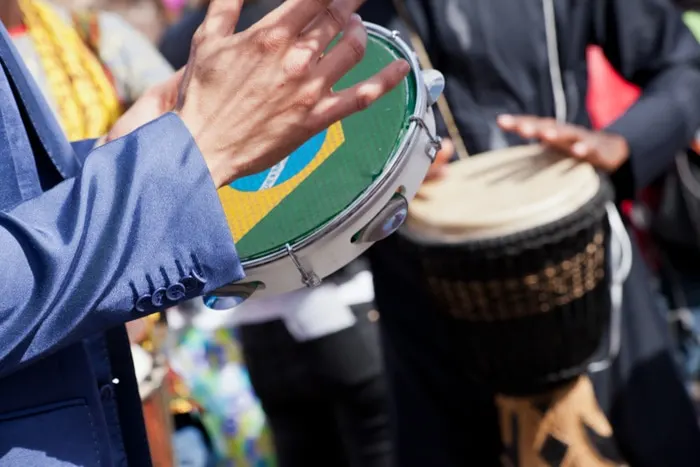
However, it’s equivocated to believe every Brazilian is a natural dancer or even that everyone enjoys this genre in such a multicultural nation.
We have regional musical preferences, and still, that doesn’t apply to all residents of a region, nor do locals begin spinning around when the radio plays.
Rap, pop, rock, modern R&B, and electronic music are also very popular in the country.
The Amazon Rainforest
What many people think: As the world’s largest rainforest, the Amazon is rich and extremely popular worldwide. For that reason, Brazilians, who are lucky to have it, have a close connection with the forest, and have visited multiple times.
Why it is wrong: Brazil is a massive country with continental proportions. While the Amazon Rainforest takes up to 60% of the Brazilian territory, only 12% of the population lives in the region.
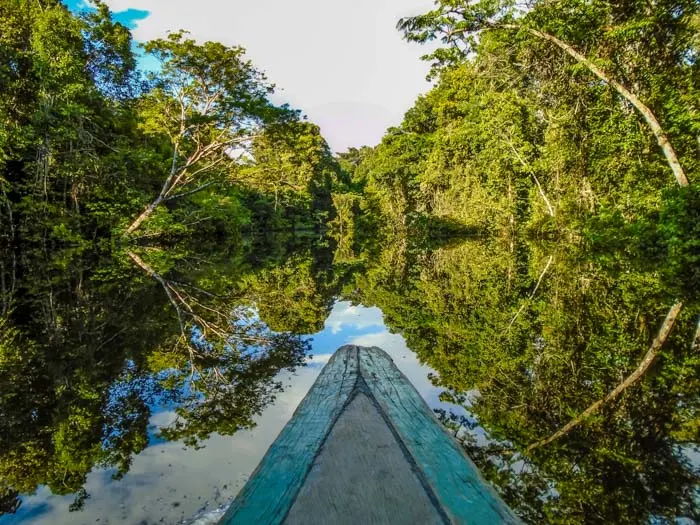
Manaus, the biggest city close to the forest, exists in its own right.
As for the rest of the population, a significant part lives far away from this area and has little access to the Amazon.
The truth is, most Brazilians have never set foot in the Amazon.
Animals
What many people think: There is such a diversity of animals in Brazil that those cute monkeys or massive snakes they show on TV probably run around everywhere.
Why it is wrong: While you can spot these small monkeys in a few green areas in Rio de Janeiro, people in other urban centers, such as São Paulo and Belo Horizonte, don’t share their daily commute with dozens of wild monkeys, no matter how great that may sound.
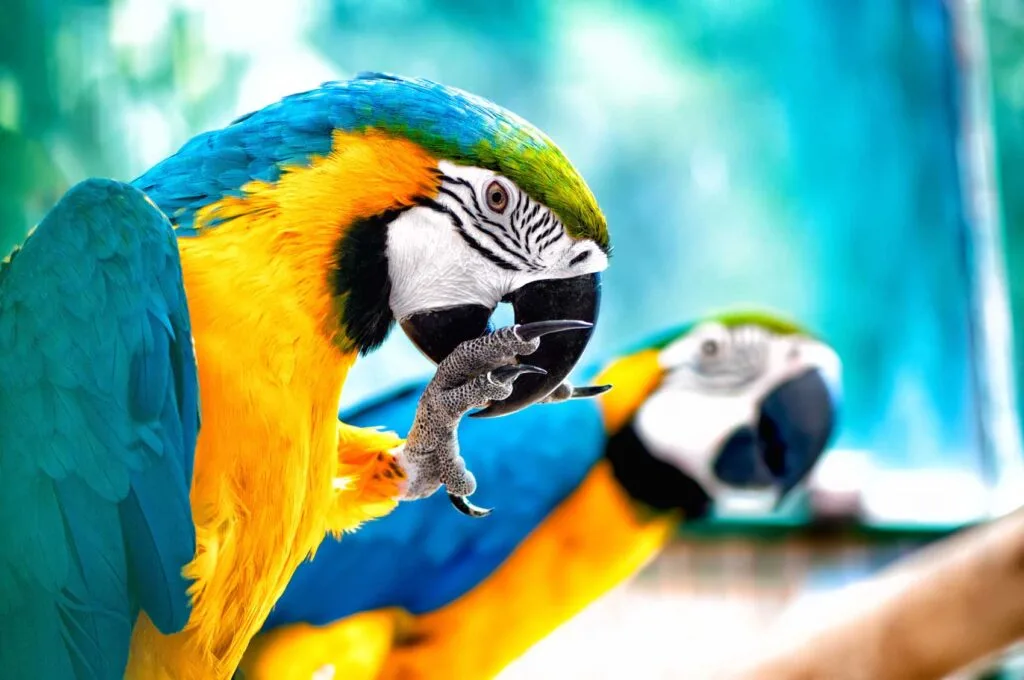
Big and small urban centers have, on average, just as many animals as most towns around the world, meaning the animals we see the most are dogs, cats, and pigeons. Not that exciting, huh?
Beach
What many people think: Because Brazil has an abundance of nature and pristine beaches, all Brazilians are probably sun-tanned and live in a tropical attire all year-round.
Why it is wrong: Brazil has a long and beautiful coastline, and Brazilian beaches are among the world’s prettiest ones.
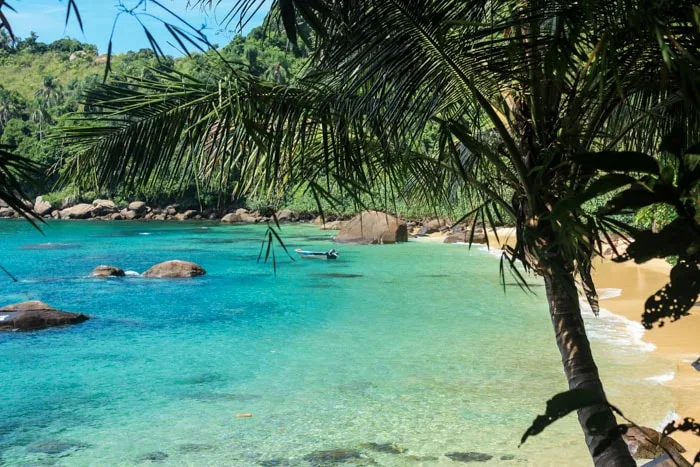
Still, the vast majority of Brazilian cities and towns are nowhere near the sea. In fact, 9 out of 26 Brazilian states are landlocked.
Corruption
What many people think: The corrupt politicians are Brazil’s biggest problem.
Why it is wrong: While corruption is indeed one of Brazil’s biggest problems, it doesn’t happen only in the political sphere. It happens everywhere.
Corruption in Brazil goes from paying an extra fee to get the driver’s license to falsifying student IDs to get discount in attractions to not going to jail because of an additional salary to some judge.
Unfortunately, we put House of Cards to shame in all classes of our society. Obviously, that doesn’t apply to every Brazilian even because then I would be stereotyping my country. Yet, those things happen far too often.
Only Rio de Janeiro or São Paulo
What many people think: People often assume Brazilians they meet abroad come from one of these two cities.
Why it is wrong: Brazil is a country with over 200 million people spread across 26 states.
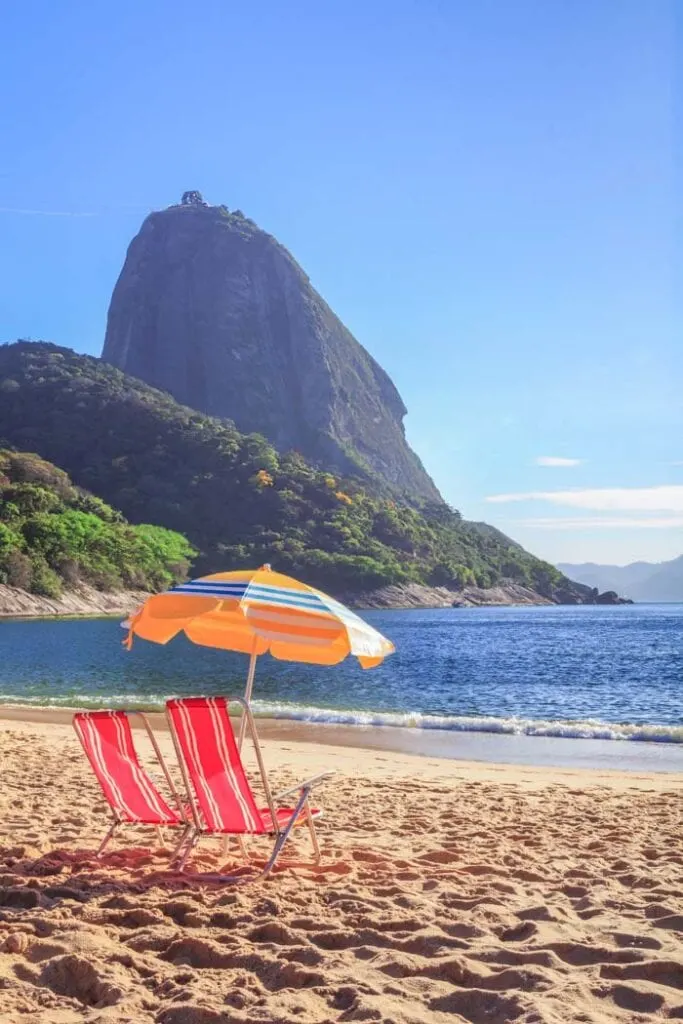
While RJ and SP are the most populated cities, there are countless other lovely towns and cities that should not be ignored.
Brazilian or Spanish
What many people think: Brazil is a country in Latin America, so Brazilians must speak Spanish (or Brazilian).
Why it is wrong: For starters, Brazilian is not a language–it’s a nationality.
While Spanish is the most spoken language in Latin America, it is not even the second language in Brazil. We simply don’t speak it.
Brazilians speak Brazilian Portuguese, which is our official language because we are a former colony from Portugal, not Spain.
Despite Portuguese and Spanish having strong linguistic similarities, they are very distinct from each other in terms of vocabulary and grammar.
If you’re traveling to Brazil and can’t speak Portuguese at all, some Spanish knowledge might be helpful, though, if people make sense of the similar words between our languages.
Tolerant
What many people think: Because Brazil is such a diverse country, people in Brazil are very tolerant and absolutely not racist or homophobic.
Why it is wrong: We like to think about ourselves as tolerant towards diversity, but racial and social prejudice is substantial in all spheres of Brazilian society.
This is a cute and positive stereotype, however, the reality is a bit uglier, and there is far too much intolerance in Brazil.[1]
Argentineans
What many people think: Brazilians hate Argentineans.
Why it is wrong: We don’t. In soccer, we have a friendly rivalry between Brazil vs. Argentina because we are obviously very close to each other, creating a fun atmosphere to make soccer jokes and make fun of each other.
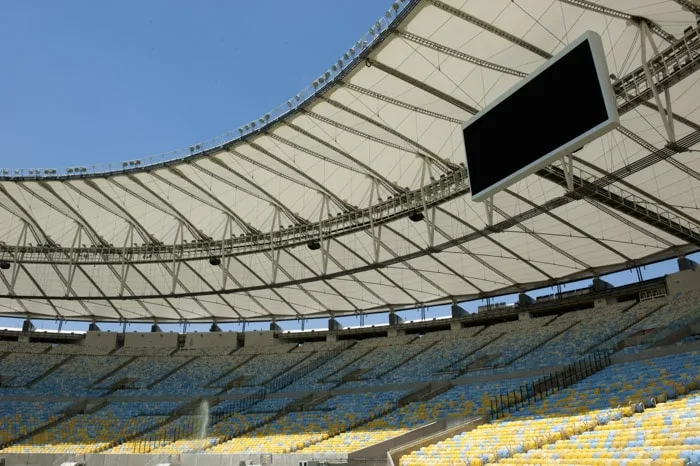
Still, that’s perfectly harmless and certainly not hatred. ‘Hate’ is a strong word to define this relationship.
There is no animosity whatsoever between Brazilians and Argentineans, and this is an outdated cultural stereotype.
Dangerous
What many people think: Brazil is extremely dangerous, and if we travel there, we will be mugged.
Why it is wrong: While Brazil has some issues with criminality that cannot possibly be ignored, the mainstream media only shows awful single-sided stories that do not speak to the soul of the country.
The broader reality is that most tourist hotspots are relatively safe, and by taking precautions you would take when visiting European capitals, you should be fine.
Rio de Janeiro, D.C.
What many people think: Because Rio de Janeiro is the most popular city in Brazil, it is obviously the country’s capital.
Why it is wrong: Rio de Janeiro City was Brazil’s second capital for 197 years, after Salvador (1549-1763), but it lost its position to Brasília on April 21, 1960.
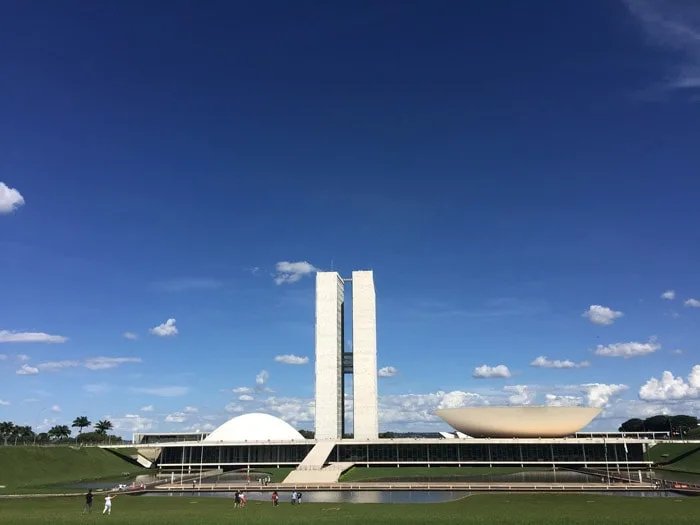
Typical racial stereotype
What many people think: Most Brazilians have dark hair, dark eyes, dark skin, curvy and trained bodies, and for us women, big behinds.
Why it is wrong: As a multicultural country with influences from Angola, Germany, Italy, Portugal, Japan, and many other nations, Brazil is the place with the most diverse population in the world.
Literally, anyone can be a Brazilian. The racial diversity in Brazil is extraordinary and like no other.
A friend of mine, a blonde girl, was asked in the United States if she was really Brazilian because the person thought she was too white for that. (!!)
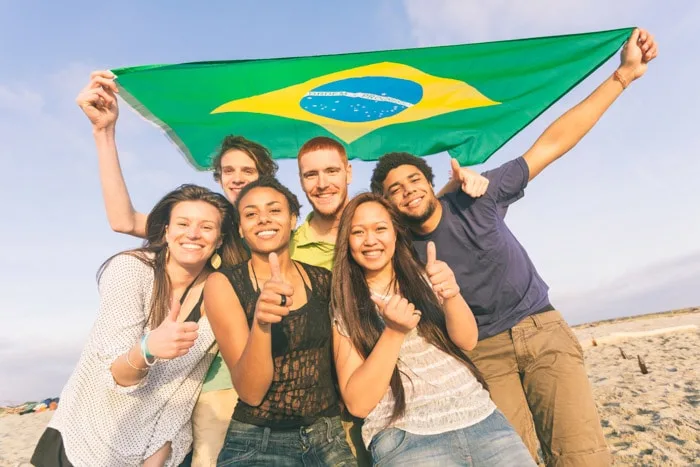
Brazilians are white, black, have green eyes, brown eyes, have red hair or blond, and have all body types, not only one.
And I didn’t even mention the popular misconception that Brazilian women are exotic (I hate this word!), beautiful, and sensual creatures.
While these ideas are primarily associated with Brazil, the women in the country are not a goddess from another planet that sparks a desire in others. We are just normal women. Period.
Common misconceptions about Brazil and Brazilians
This was a pretty comprehensive list of Brazilian stereotypes and misconceptions.
Still, I’m sure many other Brazilians could share their experiences and add something to it. That’s just the way the world is!
Have you ever heard or believed any of the statements above? Please tell me in the comments below. I would love to get to hear from you!
Did you like this post about Brazilian stereotypes? Then share it with a friend who might like it or save it to Pinterest!

Ryan
Wednesday 29th of November 2023
Good article. I'm not even Brazilian (born and raised in the US) and I am annoyed by these stereotypes too. I can't tell you how many times I had to politely correct people whenever the topic of Brazil comes up. I also feel the need have a little chat with them about another ugly stereotype: that those from the US are clueless about other cultures...
Fatma
Monday 5th of June 2023
Hello..I love Brazil and I would like to know more about their traditions and customs please contact me as soon as possible I’d like to make a presentation about it towmorrow